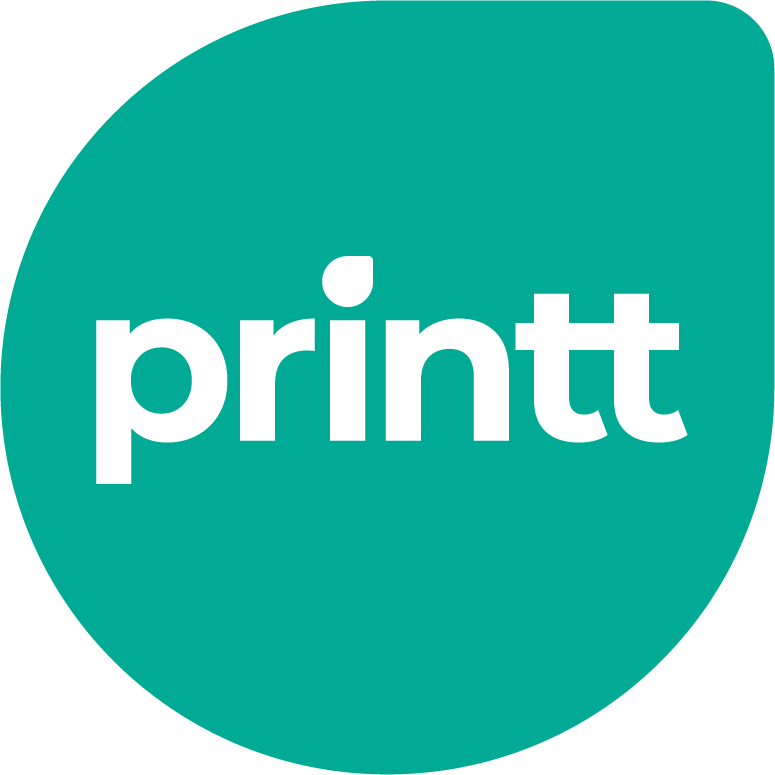6 things to do with old paper (before you recycle it)
Obviously, the right thing to do with used paper is to recycle it. However, you can get more use out of it before you do that.
You can give old paper a second life, us it as a project to help you decompress after a stressful day, to do something creative with the kids, or to create seasonal (or permanent) decorations. It can also be a therapeutic way of saying goodbye to a project or report that gave you a headache, or a nicer send-off to a copy of something you’re proud of.
Here are six things to do with old paper before you recycle it.
Doodling
Bear with us here, but doodling is good for your memory and your mental health. It’s not pointless, distracting, or immature — it strengthens information recall and provides a zero-judgement creative outlet that allows the mind to rest and recover. When you doodle, you’re letting the unconscious express itself, and giving your brain something light to focus on that has no consequences or obligations.
Although it’s valuable, doodling isn’t meant for sharing or presentation, so there’s no reason to use fresh paper for it. It’s far more environmentally friendly to doodle on used pages.
Origami
Origami is one of those crafts that’s as easy or as difficult as you want it to be. There are patterns and techniques for beginners, and however much you practice there’ll always be a more challenging pattern out there.
There are origami sets that you can buy that come with instructions and patterns, but why buy new paper when you probably have sheets to hand already? A quick search on the internet will give you unlimited patterns and video tutorials. If you’re doing origami with children, there are thousands of patterns for smaller hands.
Almost all paper is suitable, but if you’re wondering what would be ideal for the traditional and beginner patterns, the best weight tends to be around 90gsm. As it happens, when you order your printing with Printt, that’s the weight of paper that you’ll get.
Paper tearing
If you want to enjoy the satisfaction of creation and of destruction in the same activity, this is for you. It’s exactly as the name suggests — ripping up sheets — and using them to create an image, which can be abstract or more representative.
You can make really effective images with incredibly simple techniques. Again, you can make it as complex and intricate or as basic and easy as you like. You can create a mountain and a sunset with just a few strips. The torn-edge effect is especially effective when you’re depicting things like clouds and waves. You can also get more detailed with and use hundreds of little pieces to create an intricate landscape, or even a portrait of someone.
Collage
You probably did collage in some form or another as a school child. Again, it’s something that all ages and skill levels can do, and it’s a brilliant way to create pictures even if you can’t draw. Assembling existing material and images together is also a chance to think creatively and make something beautiful, silly, or both.
Paper tearing can be one of the techniques you use, but you can cut things out, scrunch pieces of paper up, and colour and draw however you want. The process is deceptively complex —collage can be incredibly witty in what it combines and compares, and that process of reimagining things and noticing connections strengthens your lateral and creative thinking. In that case, it wouldn’t be a stretch to say that practising collage could improve the skills you use at work.
Pet Supplies
Cages need lining, and rodents love a supply of burrowing and nesting material, and you can use old paper for both. Like in many industries, plastic is seriously overused, and it simply isn’t necessary. Paper is also much safer for your pet. Animals that love to chew and eat things could be seriously harmed by ingesting plastics, but paper is pretty much risk-free.
Wrapping and packaging
If you’re mailing something, there’s no need to buy plastic parcel bags when you have lots of sheets available. Old paper is perfect as box or parcel wrapping. Alternatively, you can shred or tear it to use as padding material to protect fragile contents. Ethically-conscious shoppers are turning more and more to second-hand purchases, and as that market grows there’s more opportunity to give paper a second life.
Reusing and recycling paper is the most environmentally responsible way to dispose of it, but are you printing environmentally too? At Printt, we plant a tree for every 5,000 pages printed (which is about two trees planted for each one that goes to paper production. Also, all of our printing partners are carbon-neutral.
If it’s A4, we’ll print it. Whether it’s a single page for a boarding pass or a bound and laminated dissertation, you can have it two hours with click and collect, or have it delivered the next day. Get started now and get 30% off your first delivery order.
